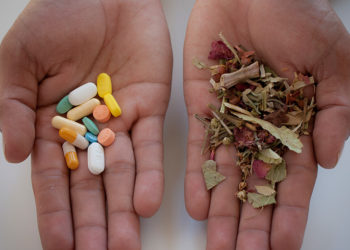Are there pseudosciences in Cuba?
For many Steve Jobs is just a name or a good American film. For some, he was a genius of the technology company, creator of devices like Ipad and Iphone. For a few, a patient with a rare pancreatic tumor that luckily in his case could be removed. For almost anyone, he was a man of science who lost his life paradoxically by preferring naturopathic treatments without scientific basis. Steve Jobs was a victim of the so-called pseudo-science, and that is not highlighted in the news. Perhaps this is the most publicized case, but every year in the world lives are lost to the seductive set of theories, covered in a mystical tradition or technological advanced, which are offered as an alternative to traditional medical practice. Such is the case of Canadian boy Tyrell Deck, who died of a treatable bone cancer by the reluctance of parents to chemotherapy in pursuit of "natural products" or the young Italian who was killed by a simple bronchopneumonia treated with homeopathic remedies. Pseudoscience are the knowledge, beliefs or practices that are not governed by experimentation, and instead present concepts supposedly scientific, says the Doctor in Physical Sciences Arnaldo González Arias in his article...





